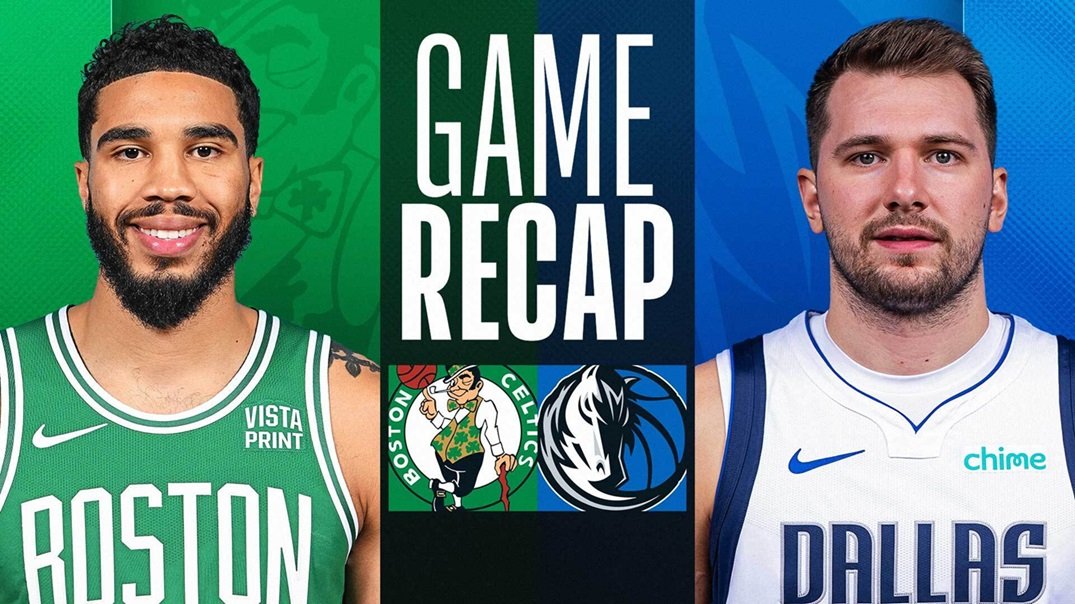Grand Canyon University’s Men’s Club Basketball Team is a powerhouse in collegiate club basketball, currently ranked as the #1 NIRSA National Team in the country. Much of this success can be attributed to Lamont Lane, the head coach who has turned the program into a perennial contender. But behind the championship banners and accolades lies a simmering controversy—has GCU overlooked and underappreciated the architect of their dominance?
For years, Lane has been seen as the glue holding GCU’s basketball program together. Yet, when the opportunity arose for him to step into a leadership role as Director of Club Basketball, the position was handed instead to Josh Braun, a former GCU basketball player with zero coaching or administrative experience. The decision has left many questioning the university’s commitment to meritocracy and fairness, and whether Lane’s race played a role in the snub.
The Snub Heard Around GCU
When Matt Gordon stepped down as Director of Club Basketball, it seemed like a foregone conclusion that Lane, who built GCU Men’s Club Basketball into a powerhouse, would be tapped for the role. With six seasons of sustained excellence, multiple conference championships, and a national title, Lane had the credentials, experience, and respect of his peers.
Instead, GCU handed the position to Josh Braun, a former GCU basketball player with no coaching or administrative experience. According to sources within the program, the decision blindsided many, including former players who viewed Lane as the logical choice to lead.
“Coach Lane was the heart of the program,” said a former GCU club sports athlete. “When they gave the job to someone with zero experience, it felt like a slap in the face—not just to him, but to everyone who saw what he built.”
Lane, ever the professional, has stayed quiet on the matter, refusing to publicly criticize the university. But those close to him say his frustration has been palpable over the last two years.
Dominance on the Court Amid Institutional Neglect
Despite being overlooked for leadership, Lane has continued to elevate GCU Men’s Club Basketball to unprecedented heights. This season, Lane scheduled more games against JUCO and NAIA programs than ever before, challenging his players to compete at the highest level.
The results speak for themselves:
- A commanding 78-56 victory over South Mountain Community College.
- An 81-50 blowout against Phoenix College.
- A thrilling 87-72 win over Scottsdale Community College.
- Two close contests against Arizona Western College, including a narrow 62-67 road loss.
With a 17-5 record, GCU Men’s Club Basketball isn’t just the best in NIRSA—they’re proving they can compete with some of the toughest programs in collegiate sports.
A Culture of Overlooking Black Coaches?
Lane’s situation isn’t an isolated incident. Over the past three years, two African American coaches of GCU’s Women’s Club Basketball team resigned, citing unfair treatment from players and staff. The departures highlighted a troubling trend of systemic inequities within GCU’s club sports program.
Now, Lane—despite being one of the most successful coaches in GCU Men’s Club Basketball history—finds himself severely underpaid, earning less than $10,000 annually. For a coach with national championships, conference titles, and a track record of excellence, the disparity is glaring.
“It’s hard not to see a pattern here,” said a source familiar with the program. “How do you justify paying your most successful coach so little while giving leadership roles to people with no experience? It sends a clear message about who they value—and who they don’t.”
The Sacrifices Behind the Success
Lane’s story isn’t just one of success on the court—it’s also a story of sacrifice. While coaching GCU Men’s Club Basketball, Lane completed both his BA in Sports Management and his MBA through GCU, paying for his education out of his own pocket. Balancing the demands of being a full-time coach with rigorous coursework was no small feat, but Lane never let it detract from his commitment to his players.
“He’s poured everything into this program—his time, his money, his energy,” said a former player. “To see him still treated like an afterthought is frustrating for everyone who knows how much he’s done for GCU.”
What’s Next for Lamont Lane?
As GCU Men’s Club Basketball marches toward another NIRSA National Championship, Lane’s future with the program is increasingly uncertain. His ability to recruit overlooked talent, prepare his team for elite competition, and consistently deliver championships makes him a prime candidate for D2 or NAIA programs seeking a transformative coach.
Schools like Fort Hays State, Western Oregon University, and East Central University—all in need of stability and leadership—would benefit immensely from Lane’s expertise. Unlike many coaches who view lower-division opportunities as stepping stones, Lane has proven his willingness to stay and build sustainable success.
A Crossroads for GCU
For now, Lane remains focused on his players and the season ahead. But GCU faces a critical decision: Will they continue to undervalue one of the most talented coaches in collegiate sports, or will they step up and provide the resources and respect Lane has more than earned?
If history is any indication, Lane won’t wait forever. And when he does move on, GCU may realize too late just how much they lost.





